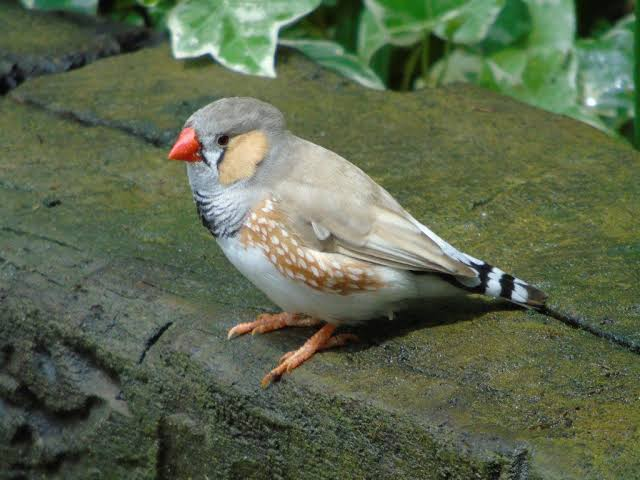🐤 Quick Profile
-
Common Name: Finch
-
Scientific Family: Fringillidae (true finches)
-
Size: Small; typically 4–6 inches (10–15 cm)
-
Weight: 10–40 grams, depending on species
-
Lifespan: 4–10 years in the wild
-
Habitat: Forests, shrublands, grasslands, deserts, urban gardens
-
Diet: Seeds, berries, insects
-
Distribution: Found worldwide (except Australia and Antarctica)
🌈 Appearance and Behavior
Finches come in a variety of bright colors — red, yellow, green, brown, and black — often with striking patterns. Male finches are usually more colorful than females. Their stubby, cone-shaped beaks are perfectly adapted for cracking seeds, their primary food source.
These birds are:
-
Active and social
-
Excellent fliers and foragers
-
Known for their melodious chirps and songs
🐣 Popular Types of Finches
-
House Finch (Haemorhous mexicanus)
-
Red-headed males, brown-streaked females
-
Common in urban areas across North America
-
-
Goldfinch (Spinus tristis)
-
Bright yellow with black wings
-
Popular backyard bird
-
-
Zebra Finch (Taeniopygia guttata)
-
Native to Australia; known for zebra-like stripes
-
Common in aviculture (pet finches)
-
-
Darwin’s Finches
-
A group of about 15 species found on the Galápagos Islands
-
Famous for showing adaptive evolution through variations in beak size and shape
-
🔬 Finches & Evolution: Darwin’s Discovery
In the 1830s, during his voyage on the HMS Beagle, Charles Darwin observed finches on the Galápagos Islands. He noticed that each island had its own variety of finch, with different beak shapes adapted to different food sources. This led to a groundbreaking insight:
🧬 One species can evolve into many through natural selection.
These birds became known as Darwin’s Finches, and they remain a classic example of evolution in action.
🏡 Finches as Pets
Many finches are kept as pets due to their small size, low maintenance, and pleasant songs. Popular pet species include:
-
Zebra Finch
-
Society Finch
-
Gouldian Finch (colorful and striking)
Note: Finches are social and thrive better in pairs or small groups. They need spacious cages and regular mental stimulation.
🧠 Fun Facts
-
Finches can remember and mimic complex song patterns.
-
Some finches use tools — like cactus spines — to extract insects.
-
The Hawaiian Honeycreepers, once thought to be a separate group, are now classified as part of the finch family.
🌍 Conservation
While many finch species are common, some (especially island-dwelling ones like Darwin’s Finches) are under threat from:
-
Habitat loss
-
Invasive species
-
Climate change
-
Disease (like avian pox and malaria)
Conservation efforts include habitat protection, breeding programs, and scientific research.
📝 Conclusion
Finches are more than just beautiful backyard birds — they are living symbols of nature’s adaptability and creativity. Whether you're a birder, a biology student, or just someone who enjoys nature, finches offer a fascinating window into the diversity of life on Earth. or educational use?
"This Content Sponsored by Buymote Shopping app
BuyMote E-Shopping Application is One of the Online Shopping App
Now Available on Play Store & App Store (Buymote E-Shopping)
Click Below Link and Install Application: https://buymote.shop/links/0f5993744a9213079a6b53e8
Sponsor Content: #buymote #buymoteeshopping #buymoteonline #buymoteshopping #buymoteapplication"




No comments:
Post a Comment